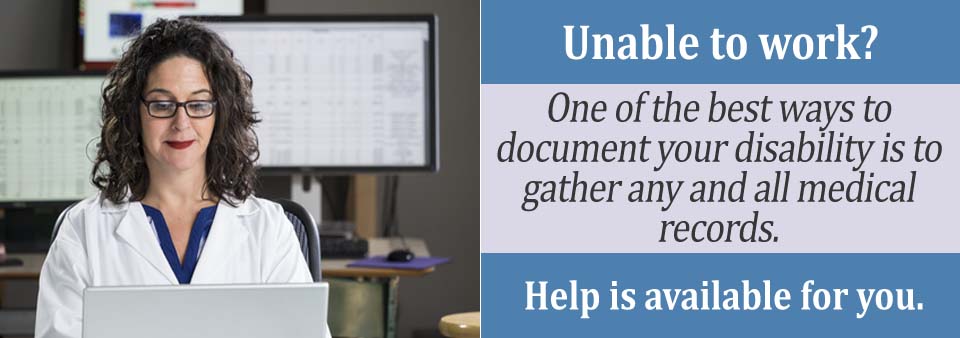When you file a disability claim, the Social Security Administration (SSA) has a team of healthcare experts review your claim to decide whether to approve or deny it. Although the review team completes a comprehensive assessment, some claims require additional analysis. For those cases, the SSA requests that applicants meet with a disability doctor to get more insight into the severity of a specific medical condition.
If you have received a request from the SSA to visit with a Social Security doctor, you should know what to expect before the visit, as well as understand how you should act during the visit.
What Does a Disability Doctor Look For?
A disability doctor is a doctor appointed by the Social Security Administration (SSA) to complete a consultative assessment of your disabling condition. This is part of the assessment process carried out by the Disability Determination Services (DDS), which is a part of the SSA.
The doctor who is chosen by the DDS is typically the original physician who diagnosed your disability and initiated treatment for it. In some circumstances, the original doctor may not be available. In this situation, the DDS appoints another suitable physician to carry out the examination.
The role of the disability doctor is a very important one as the doctor’s assessment provides valuable information about your condition and whether your symptoms match those in the relevant Blue Book listing used by the SSA to determine whether a disability benefits applicant should be approved for benefits payment.
The disability doctor who is chosen should preferably be familiar with your disability and medical history and in addition be familiar with or capable of familiarizing themselves with the relevant sections in the Blue Book.
In addition to assessing your symptoms, the doctor should also be able to determine whether your disability has such an effect on your physical or mental functions that you cannot work. One criterion established by the SSA is that your disability should be severe enough to prevent you from working for at least the next 12 months. The disability doctor can help to confirm your inability to return to or continue working by carrying out a Residual Functional Capacity (RFC) assessment.
Overview of a Consultative Examination
Representing the SSA, Disability Determination Services (DDS) contacts the filers of a disability claim to schedule an appointment with a licensed physician. A consultative examination represents a medical procedure that follows up on the information submitted in a Social Security disability claim. Maybe the information submitted is not consistent and/or DDS has determined that an applicant has not sent enough medical evidence to justify a decision. There also can be a change in your medical condition that warrants a one-on-one meeting with a disability doctor.
Who Conducts the Consultative Examination?
According to SSA guidelines, the physician chosen to conduct the consultative exam should be the physician that originally treated the symptoms of the medical condition. The SSA wants the original doctor to conduct the consultative examination because the original doctor provides the most accurate assessment of an applicant’s functional capacity.
In some cases, the location of a disability claim applicant makes it difficult to visit with the original doctor, which means an independent examiner who never treated the Social Security disability claimant completes a thorough consultative examination.
Here a few other reasons why you might have to schedule an appointment with an independent examiner:
- The original physician does not want to complete the examination
- Inconsistencies in the original report that disqualifies the first doctor
- The applicant has a valid reason to request a different physician
What a Consultative Exam Should Include
The findings of a consultative examination are based on several factors. First, there has to be conclusive medical evidence that forms the basis for a disability claim decision. The medical evidence must be consistent in terms of the symptoms and impairments are described sufficiently and reported in the official clinical assessment. Second, all conclusions related to the medical evidence should explain any abnormal tests and answers to interview questions. Third, the physician conducting the consultative examination must ensure the reports used to make an assessment do not fail to mention a valid complaint.
What Should You Do When Meeting with a Social Security Physician?
The answer is simple: You should act like you do when you meet with your doctor. Answer every question truthfully, with a focus on providing the Social Security physician with accurate information about your medical history. If the Social Security doctor believes you are not being truthful about your medical history, the doctor might doubt your truthfulness when it comes to answering other questions. Ask relevant questions that include a short-term and long-term prognosis of your medical condition. Make sure not to exaggerate or play down your symptoms because the Social Security physician’s primary objective is to detect the severity of each symptom.
A Social Security attorney can help you with your claim and prepare you for a consultative examination. Schedule a free case evaluation today to determine how to proceed with a disability claim.
Additional Resources
- Why Doctors are Crucial When Applying for Disability Benefits
- Which Medical Records are Best for Proving My Claim?
